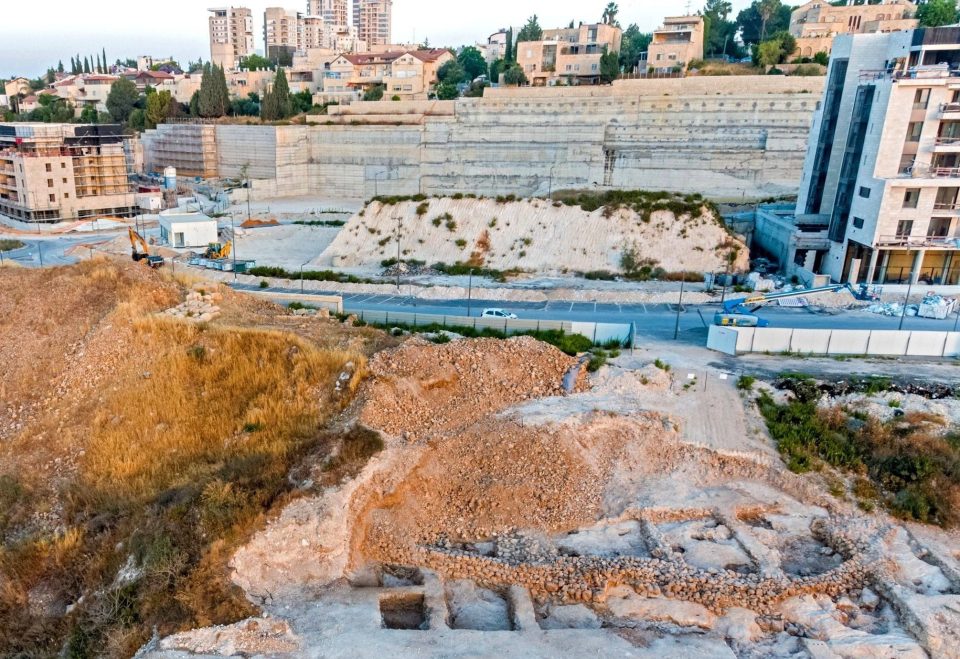
Archaeological findings of the Assyrian campaign in the Holy Land show that it significantly impacted Jerusalem and the overall Judean economy.
While there is no historical evidence that the Jerusalem siege was successful, new findings indicate that the Assyrian campaign in the Holy Land affected the economy in the Kingdom of Judah.
According to the Hebrew Bible, Jerusalem was saved because “the angel of the Lord went out and put to death a hundred and eighty-five thousand in the Assyrian camp” (2 Kings 19:35).
In contrast, Assyrian records claim that King Hezekiah of Judah paid a vast amount of tribute so the Assyrians would leave Jerusalem alone.
According to historical records, following the unsuccessful siege of Jerusalem in 701 BC, Assyrian King Sennacherib moved against the neighboring Kingdom of Judah, where he managed to subjugate the Israelites.
New archaeological evidence shows that the Assyrian campaign in the Holy Land profoundly impacted the Judean economy in particular after revealing changes in the Judahite administration.
Excavations reveal administrative changes in Jerusalem following Assyrian campaign
The Israel Antiquities Authority excavations, funded by the Israel Land Authority in Jerusalem’s Mordot Arnona neighborhood, uncovered the remains of two superimposed administrative buildings.
Specifically, archaeologists discovered an administrative building in Jerusalem that was used for taxation in ancient times. The building underwent a number of radical changes during the 8th and 7th centuries BC.
In fact, it was demolished down to its foundations and buried under a massive heap of stones, as explained in a video released by Naria Sapir, director of the site excavation.
The stone pile formed a platform upon which a subsequent structure was erected using large building stones originating from the early structure deliberately incorporated into the heap.
These dramatic changes in the administrative structure are interpreted as a statement by the Assyrian imperial government, making clear “who is really in charge.” It also shows that the Assyrians were interested in the taxes paid in agricultural products Judah could provide.
Taxes collected in jars
According to the Israel Antiquities Authority, the original building in Jerusalem was used as a center that processed taxes to King Hezekiah and contained jars with inscriptions maintaining that the taxes were the property of the king.
Sapir explains that the jars would have gone out to the countryside, possibly to landlords or government officials, to collect taxes. The taxes could have been paid in the form of agricultural products, possibly olive oil and wine. Some of the jar handles contain the names of individuals, possibly those who ensured the taxes were collected and paid to the king.
Evidence of the changes in the Judahite administration, found in Mordot Arnona, subsequent to the Assyrian military campaign include the discovery of an array of stamp impression jar handles. The long chronology of the seals’ inscriptions show Mordot Arnona’s changing administrative stages.
The various inscriptions on the jars indicate people were not paying taxes to Hezekiah but rather to the king of Assyria. The changes suggest that while Hezekiah was allowed to remain king of Judah, the Assyrians had begun extracting taxes from the area surrounding Jerusalem.
